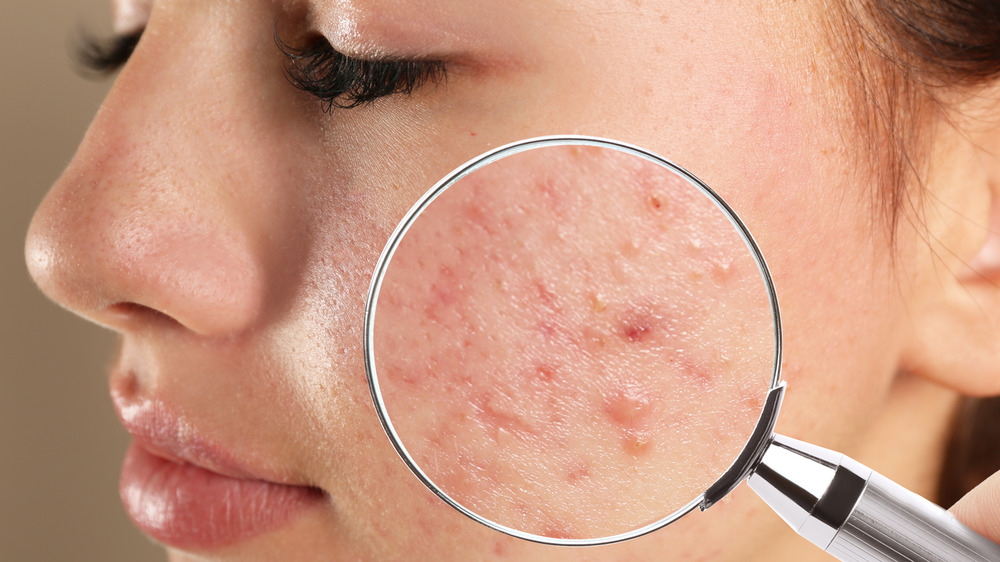Many people in Yonkers, New York, struggle with acne. This condition affects people of all ages, but it is more common among teenagers. Some people with acne develop low self-esteem, which makes them lose confidence in their physical appearance. Acne can present in many forms like pimples, nodules, cysts, and lumps. Most times, acne does not cause any pain, and people only seek treatment for cosmetic concerns. However, some people with severe forms of acne-like cysts that may have secondary infections develop pain, and this condition requires treatment.
When you seek acne treatment, the doctor will ask about your medical history. The wellness and anti-aging specialist at Yonkers, NY, uses your history to determine whether you have conditions that can cause acne. The doctor will also examine your skin to determine the type of acne that you have. These steps guide the specialist in coming up with an accurate diagnosis and giving you the best treatment plan. This article explains the different causes of acne.
Table of Contents
Excess Sebum Production
One of the leading causes of acne is excess oil in the skin, known as sebum. The body areas with the most oil-producing glands include the face, chest, upper back, and shoulders. That is the reason why these are the areas where acne mainly forms. When you produce excess sebum, it clogs the hair follicles and thus begins a white head. Bacteria may invade these follicles, causing an infection and also turning the whitehead into a blackhead. The blackheads can also form due to UV rays exposure. The later stages involve inflammation which further worsens the acne.
Hormonal Changes
Changes in the number of hormones in the body are another trigger for acne. Therefore, acne cases are higher among teenagers and women who are of reproductive age. The hormones that mainly trigger acne are androgens. Androgens cause the oil-producing glands to become large, and therefore, they produce more oil that blocks the pores. Women can develop acne during menstruation, pregnancy, and when they are using oral contraceptive pills.
Medications
Another trigger for acne is the use of certain medications. When you are using hormonal treatment such as testosterone, your risk of developing acne becomes higher. You can also develop acne when using steroids that can trigger the production of more sebum. Some antipsychotic medications, such as lithium, also increase the risk of developing acne.
Lifestyle
The lifestyle that you live can also put you at risk of developing acne. For instance, if you eat a diet containing many carbs and junk, you may worsen acne that already exists. Studies have also shown that you may develop acne when you have high-stress levels. Another risk factor for acne is a genetic predisposition to the condition. If you have first-degree relatives who have acne, you may be highly likely to develop acne. You can lower your risk of developing acne by eating a healthy diet and avoiding stress.
In summary, acne is a common skin problem that can affect people of all ages. Acne mainly forms when you produce excess oil, which clogs your pores. However, you may also develop acne due to hormonal changes and taking some medications like steroids. Other causes of acne include genetic predisposition, an unhealthy lifestyle, and high-stress levels.

